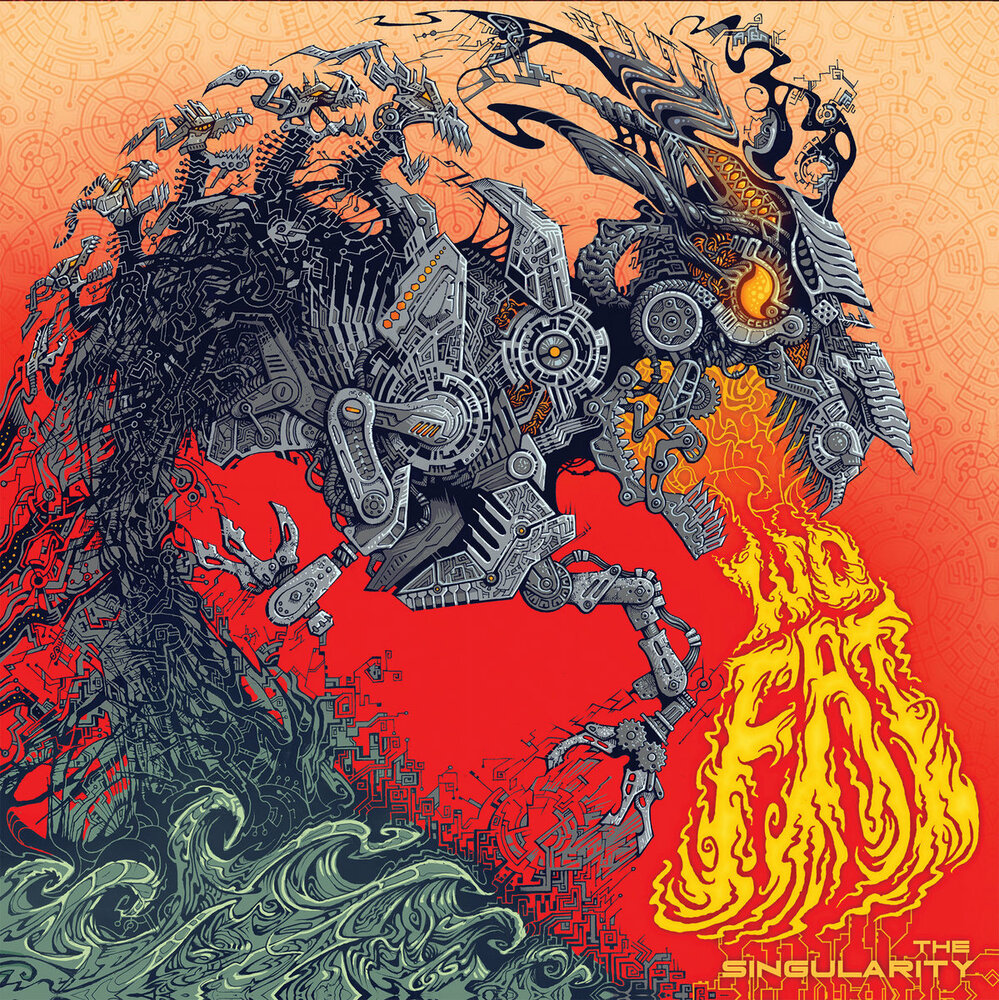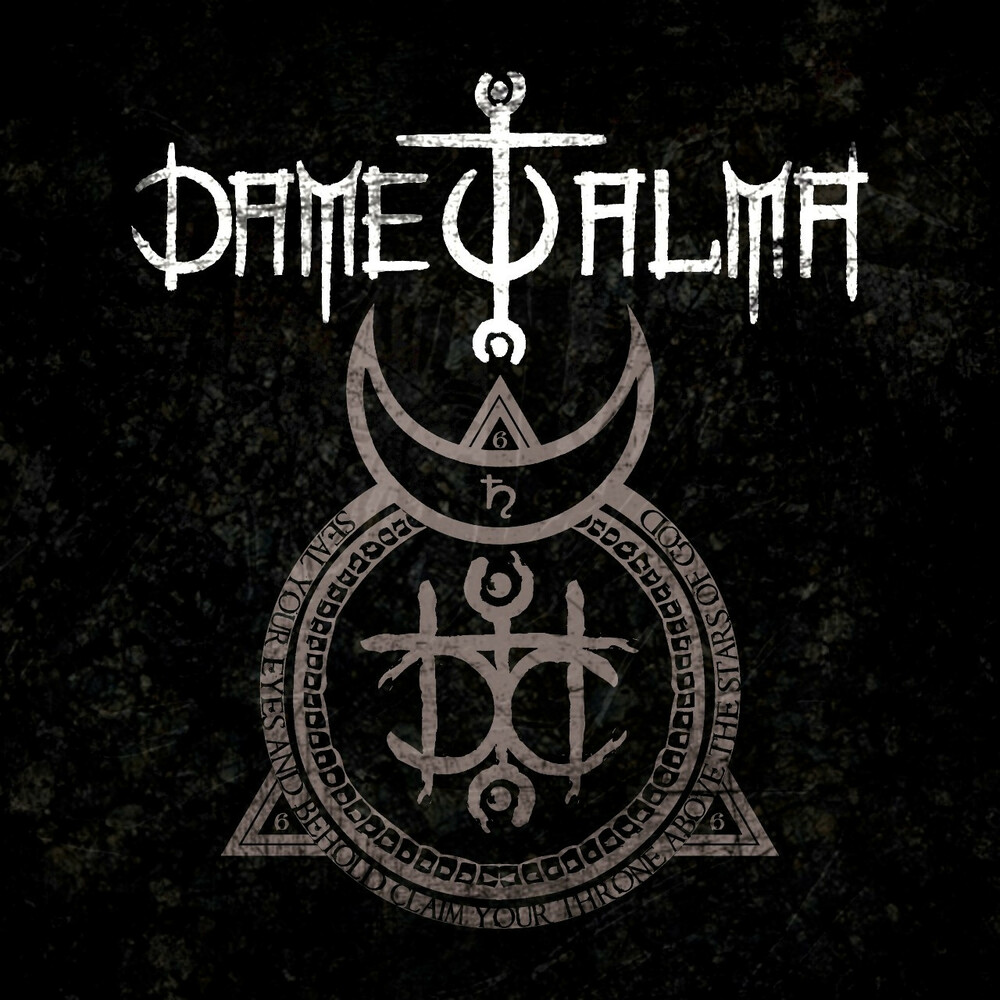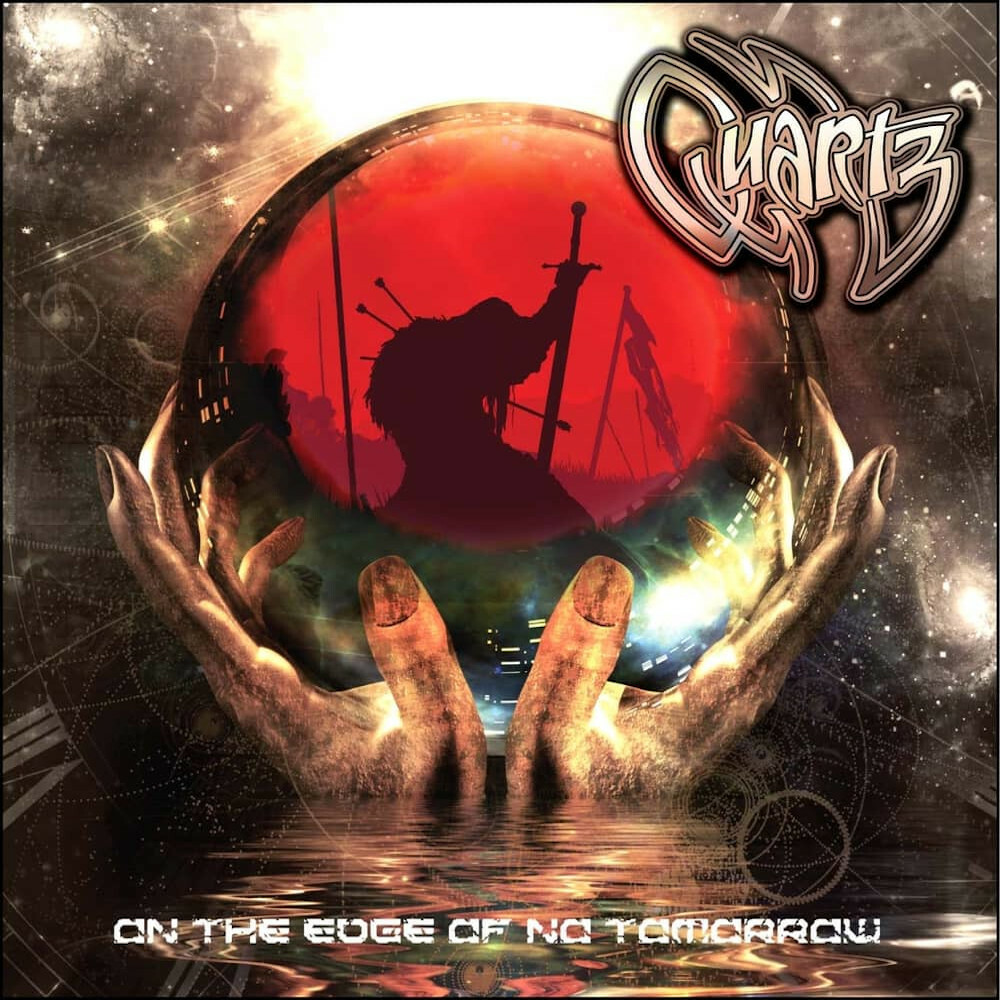 |
Country: Germany
Style: Hard Rock/Heavy Metal
Rating: 7/10
Release Date: 25 Feb 2022
Sites: Facebook | Instagram | Metal Archives | Official Website | Twitter | Wikipedia | YouTube
I guess the question we're supposed to ask here is whether we're rock believers or not and it's the sort of question you expect to hear from the Scorpions. It's a cheesy cliché of a question, of course, and it could be argued that the Scorpions have become a cheesy cliché of a band, a caricature of a continent's worth of metal music that's rocking us like a hurricane, baby, but the thing is that the band is still seriously on the ball, even this far into their run. Rudy Schenker formed the Scorpions back in 1965, so they've been around forever, and they're still doing the job in a millennium that is somehow an impossible distance from 1984.
Gas in the Tank is a perfect opener, in that it's yet another generic rock song with clumsy lyrics but with a solid riff and a real drive to it, highlighting that these guys still feel the thrill of the music, even in their seventies. Could that ever be summed up better by the bridge in the title track, with its lyric of "our fathers came to steal but we came back to make you feel our love in every song we play." Yeah, we know who "our fathers" are there and stealing was hardly the worst of their many sins but we also know that the Scorpions meant this well and they're heartfelt in their feelings. In the parlance of this album, they're rock believers.
By the way, this particular bunch of rock believers has been consistent only for six years now. That memorably accented voice belongs to Klaus Meine, as it has for longer than I've been alive, given that he joined in 1969. The memorable lead guitar belongs to Matthias Jabs, a fixture since 1978, and he's the highlight here for me, as he so often is on Scorpions albums. The rhythm section isn't as longstanding though, Schenker excepted, and they're a quality international bunch who aren't listed strictly by their real names.
I haven't heard Pavel Maciwoda (short for Paweł Mąciwoda-Jastrzębski) before, their Polish bass player, but anyone who played in a thrash metal band called Virgin Snatch ought to fit well within the mindset of the Scorpions. He's slung their bass since 2004 and he's clearly a reliable fixture in their sound nowadays. On drums, though, is someone I've seen live a few times, pounding skins for Motörhead, because it's Mickey Dee (for Micael Delaoglou) making his album debut for the band. I may still hear his name in Lemmy's voice, but he fits well here, so much so that he and Maciwoda suddenly feel like they've always been there.
I haven't heard a Scorpions album in a long time, probably this millennium, because I drifted away around Eye II Eye in 1999 when they completed a shift into pop music. I remember their orchestral collaboration with the Berlin Philharmonic in 2000 but nothing since and it doesn't seem that I've missed much. Unbreakable got good reviews in 2004 and their back to their roots farewell release, Sting in the Tail from 2010, has its fans but the pair after that have got, shall we say, inconsistent reviews. Maybe I've reconnected with them at the right time because this feels honest and worthy from a band who are doing exactly what they used to do and loving it.
Sure, some of the songs are cheesy and they'll never be a band known for clever lyrics. "Scream for me, screamer" isn't going to win them a Nobel Prize for Literature, but it works here and a slew of tracks seriously kick ass the way the band used to way back in the day. Seventh Sun finds a cool vibe and I liked it immediately. It's a plodder but a very lively one. When I Lay My Bones to Rest is lively old school rock 'n' roll, perfect fodder for "the greatest drummer in rock 'n' roll" and the most up tempo song here.
There are quintessential songs too. Shining of Your Soul is a fantastic offbeat Scorpions track, with a neat and surprising reggae groove behind its crunchy riff. Klaus Meine's accent always soars so well on softer material but this is a rocker and a ballad all at once, something the Scorpions always did better than anyone else. And, as the album runs on, Peacemaker is a no nonsense rocker that could be spliced into any of their early eighties albums without anyone thinking it was out of place and the closer, When You Know (Where You Come From) isn't far way from the same comment, just as an epic rather than an overt rocker.
Sure, there are songs that are cheesy, like Gas in the Tank and Knock 'em Dead, and some that are just decent filler, like Hot and Cold and, well, Knock 'em Dead, but the highlights aren't restricted to the single, or even the three singles released thus far. This is a solid album that tells us that, in a career that's almost sixty years long, they still wanna rock and still know how to do it.

















